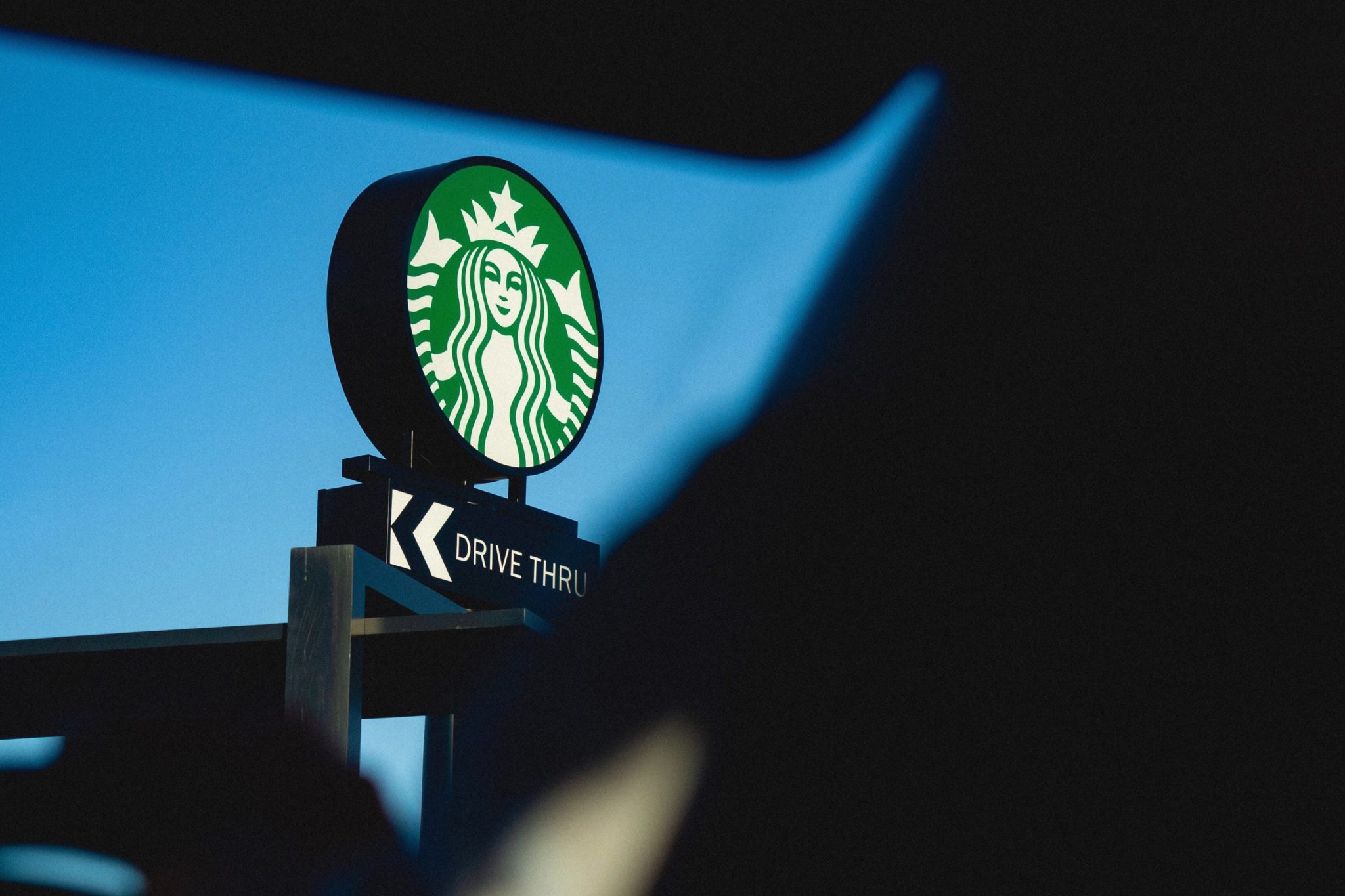Julia Deng is a student at Harvard Law School.
Union membership in the United States is at its lowest since recordkeeping began, Starbucks workers at a store in Florida might get a bargaining order, and contract negotiations between pilots and major airlines experience varying levels of success.
In the 1950s, the U.S. workforce achieved its peak union density so far, with 1 in 3 workers claiming membership. Now, the rate of unionization is just 10.1%, according to the U.S. Department of Labor yesterday. This is the lowest rate on record, falling behind 2019’s previous low of 10.3%. Union membership in the public sector was 33.1%, while in the increasingly services-oriented private sector, it was 6%. Membership rates were higher among Black workers than White and Latino workers, and actually rose last year. This difference is partially because of higher levels of public sector employment.
These new figures temper some recent good news for union advocates. Nelson Lichtenstein, a history professor at the University of California at Santa Barbara, said that “right now, with the law not changing and strong employer opposition, this is the situation that we’re in.” Unionization rates may also have been lowered by things like strong job growth in sectors where union density is lower, like leisure and hospitality, and a burst of new businesses, which rarely start off with a unionized workforce.
Nevertheless, Professor Lichtenstein thinks it’s possible that the trend of falling unionization rates may change soon. A stunning 71% of Americans polled by Gallup in 2022 said that they approved of unions — a higher approval rate than at any point since 1965. Considering increasingly favorable attitudes towards unions among employees, and particularly those who went to college, Microsoft’s recent decision to declare neutrality on its employees’ unionization has been taken by some as a bellweather for employers embracing unions in their own self-interest. As Anita wrote yesterday, voluntary recognition is on the rise across may sectors.
As for the law, progress has not been strong. Despite the appointment pro-worker leaders like Jennifer Abruzzo at the NLRB and Marty Walsh at the DOL, some in the labor movement have been sorely disappointed by the Biden administration’s lack of support for a potential rail workers’ strike. The PRO Act was killed by a Senate filibuster and members of Congress may continue to deprioritize supporting workers for fear of accusations of increasing inflation.
On behalf of Starbucks workers, the regional director of the Tampa, Florida NLRB is seeking a bargaining order. The complaint alleges that managers at an Estero, Florida story threatened to withhold raises, supervised workers more closely than usual, and held mandatory anti-union meetings. Such unlawful threats, retaliation, and surveillance by managers at an Estero, Florida store were so severe, says the complaint, that any new election would not be free and fair, giving rise to the necessity for a mandatory bargaining. Starbucks Workers United had lost its election in the Estero store by a vote of 21-11. Starbucks is facing another bargaining order complaint in a pending case from Buffalo, New York.
Pilots are negotiating new contracts with many major U.S. airlines. At Delta, a preliminary deal is heading to the union’s membership for a vote. This agreement, if approved, would grant a 30% pay raise over four years. Southwest pilots are voting on whether to authorize a strike. The vote follows the airline’s “utter lack of meaningful progress on a contract negotiation” and a high-profile mass cancellation of flights during the holiday travel rush (referred to by the union as “Southwest’s largest meltdown”). Southwest Airlines Pilots Association president Casey Murray expressed “little faith in the stability and future of our airline,” and emphasized that the strike was grounded in the union’s commitment to rectify recent issues for passengers as well as pilots. Contract negotiations continue between unions and American Airlines and United.






Daily News & Commentary
Start your day with our roundup of the latest labor developments. See all
April 24
Workers in Montreal organize the first Amazon warehouse union in Canada and Fordham Graduate Student Workers reach a tentative agreement with the university.
April 23
Supreme Court hears cases about 10(j) injunctions and forced arbitration; workers increasingly strike before earning first union contract
April 22
DOL and EEOC beat the buzzer; Striking journalists get big NLRB news
April 21
Historic unionization at Volkswagen's Chattanooga plant; DOL cracks down on child labor; NY passes tax credit for journalists' salaries.
April 19
Alabama and Louisiana advance anti-worker legislation; Mercedes workers in Alabama set election date; VW Chattanooga election concludes today.
April 18
Disneyland performers file petition for unionization and union elections begin at Volkswagen plant in Tennessee.